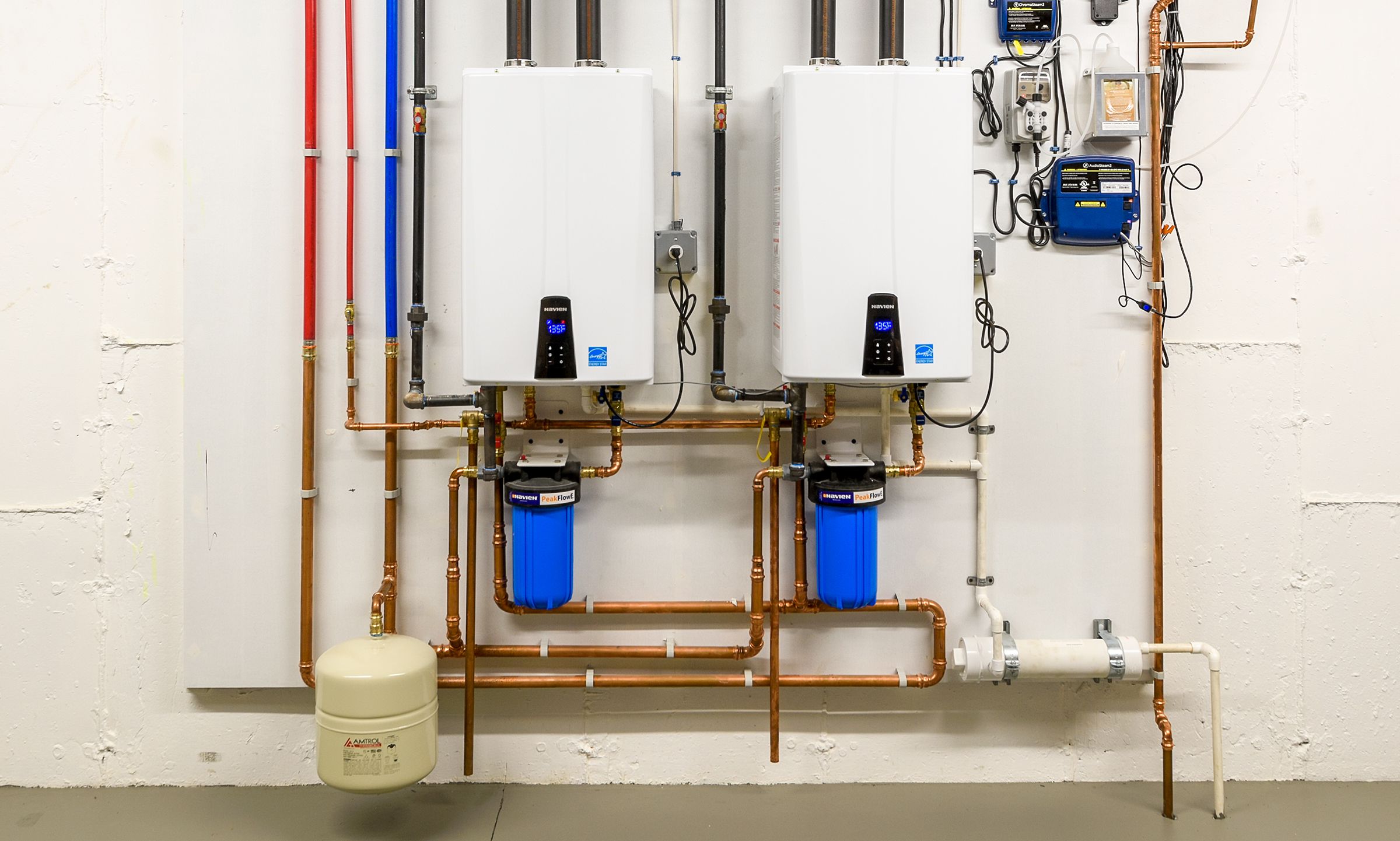Choosing the right hot water unit for your home is a decision that can greatly impact your daily comfort and energy efficiency. With a wide range of options available in the market, it’s essential to consider various factors before making a choice. In this article, we will discuss different types of hot water units and help you determine which one is best suited for your needs.
- Gas Hot Water Units: Gas hot water units are a popular choice among homeowners due to their efficiency and cost-effectiveness. These units use natural gas or LPG to heat the water, providing fast and continuous hot water supply. Plumbers often recommends gas hot water units as they are reliable and offer significant energy savings compared to electric units. Additionally, gas hot water units can be installed both indoors and outdoors, giving you more flexibility in terms of installation.
- Electric Hot Water Units: Electric hot water units are another common option available for residential properties. These units use electric heating elements to warm the water, making them suitable for areas where gas supply is not available. Electric units are generally easier to install and require less maintenance compared to gas units. However, they can be more expensive to run in the long term, especially if you have a large household with high hot water demand.
- Solar Hot Water Units: For environmentally conscious homeowners, solar hot water units are an excellent choice. These units harness the power of the sun to heat the water, making them highly energy-efficient and sustainable. While the initial installation cost of a solar hot water unit can be higher, it can lead to significant long-term savings on your energy bills. However, it’s important to note that solar hot water units may not be suitable for all locations, as they require ample sunlight to operate efficiently.
- Heat Pump Hot Water Units: Heat pump hot water units are an innovative option that utilizes ambient heat from the surrounding air to heat the water. They work similarly to air conditioners but in reverse. Heat pump units are highly energy-efficient and can provide savings on your energy bills. These units are suitable for most climates and can operate in both high and low-temperature environments. However, it’s essential to consider the noise level of the unit, as heat pumps can be slightly noisier compared to other types of hot water units.
Factors to Consider:
When selecting a hot water unit, there are several factors you should consider:
- Hot Water Demand: Assess your household’s hot water demand to determine the appropriate size and capacity of the unit. A professional Sydney Plumber can help you calculate your hot water usage based on the number of occupants, bathrooms, and appliances.
- Energy Efficiency: Look for units with high energy efficiency ratings to reduce your energy consumption and utility bills. Gas hot water units and solar hot water units are typically more energy-efficient compared to electric units.
- Installation Requirements: Consider the installation requirements of each type of hot water unit. Gas hot water units require a gas line installation, while electric units need appropriate electrical connections. Solar units need adequate roof space and positioning to maximize sunlight exposure.
- Budget: Determine your budget for purchasing and installing a hot water unit. Consider the initial cost, long-term running costs, and potential maintenance expenses.
Choosing the right hot water unit for your home is crucial to ensure comfort, energy efficiency, and cost savings. Consider the factors mentioned above, such as hot water demand, energy efficiency, installation requirements, and budget, to make an informed decision. Consult with a professional Sydney Plumber to assess your specific needs and recommend the most suitable hot water unit for your household. Whether you opt for a gas, electric, solar, or heat pump unit, investing in the right hot water system will provide you with reliable and efficient hot water supply for years to.
Read more: Understanding Quercetin Phytosome and Its Role in Immunity
